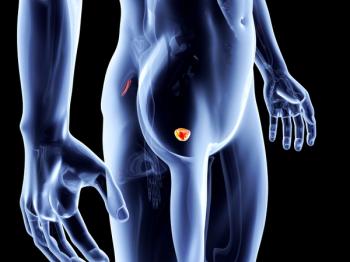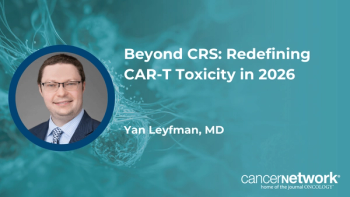
Former CMO and Execute VP of ASCO on Molecular Profiling in GI Cancer and Health Inequity
Richard Schilsky, MD, touched on the research driving ASCO to award “Advance of the Year” to molecular profiling in gastrointestinal cancers, and what the organization’s top priorities are in the near future.
Richard Schilsky, MD, former Chief Medical Officer (CMO) and Executive Vice President of ASCO, spoke with CancerNetwork® about molecular profiling driving progress in gastrointestinal cancers, which was named ASCO’s Advance of the Year in “Clinical Cancer Advances 2021.”
Schilsky discussed the progress being made in this field and the top research contributing to the momentum in gastrointestinal cancers, while also elaborating on health equity in cancer research, ASCO’s top research priorities moving forward, and more.
He also explained the changes forced on clinical trials due to the coronavirus disease 2019 (COVID-19) pandemic, and how he anticipates trials can leverage these adjustments moving forward in a post-COVID world.
This segment comes from the CancerNetwork® portion of the MJH Life Sciences™ Medical World News®, airing daily on all MJH Life Sciences™ channels.
Newsletter
Stay up to date on recent advances in the multidisciplinary approach to cancer.













































